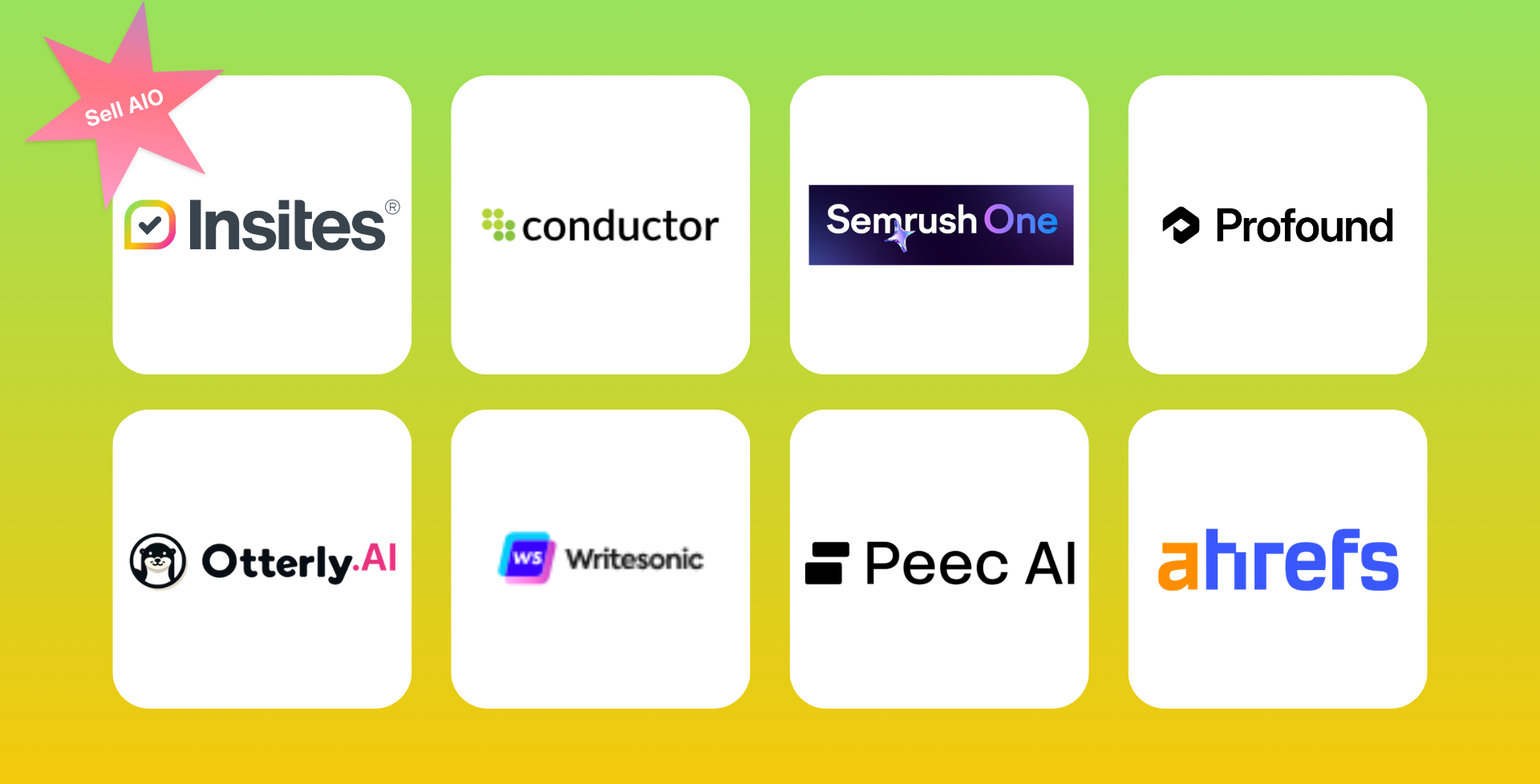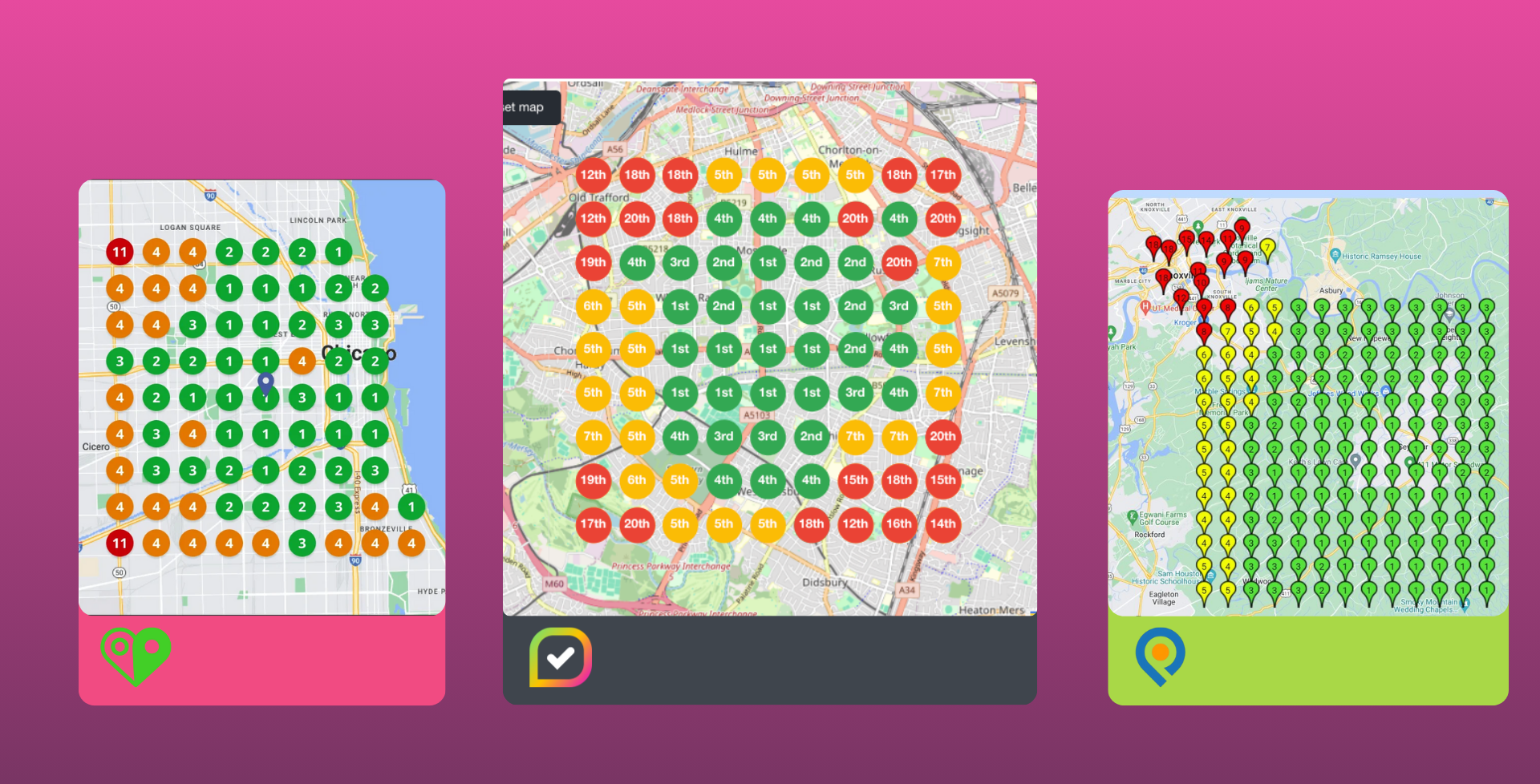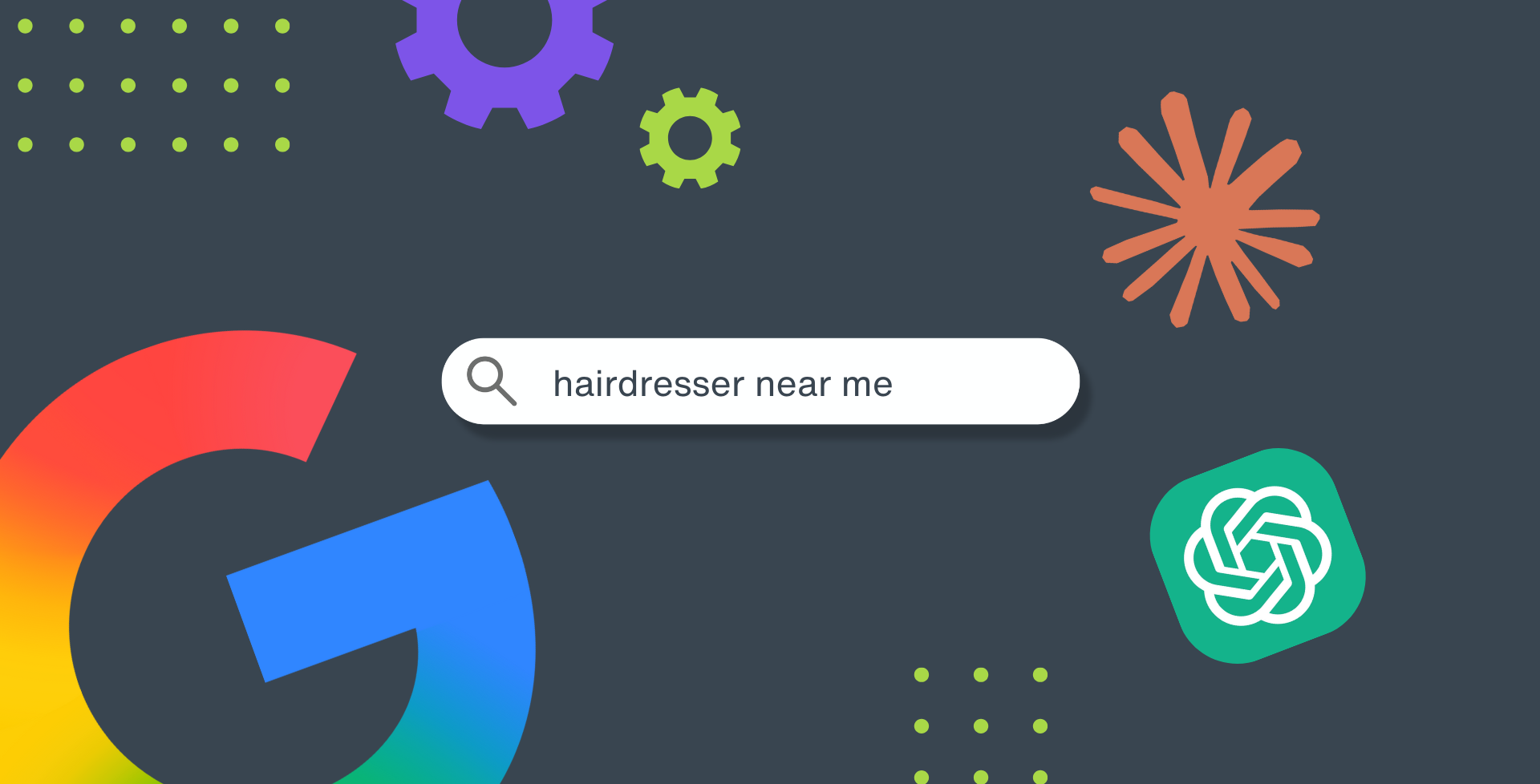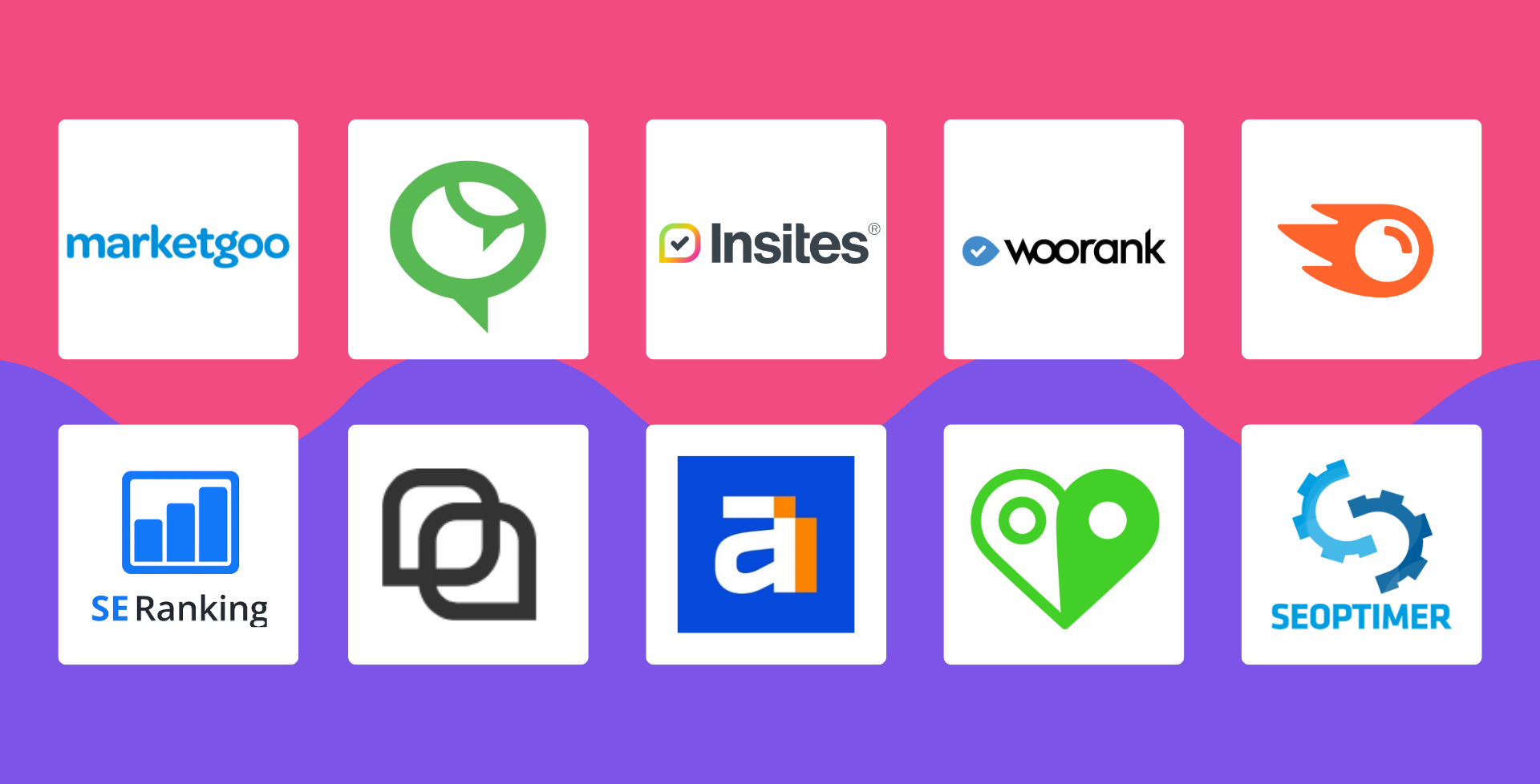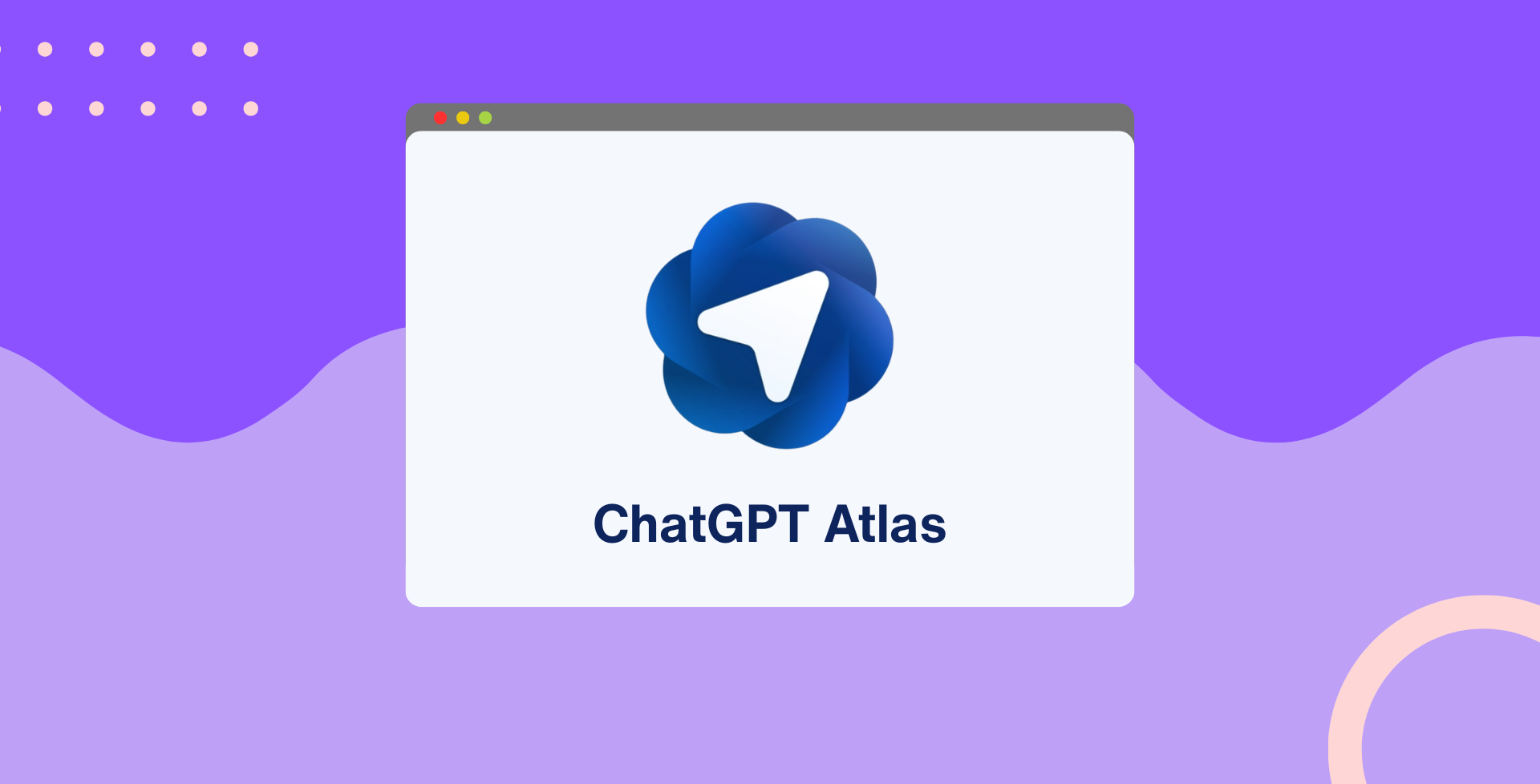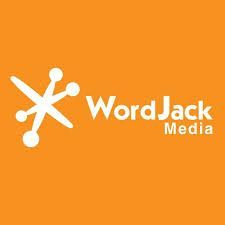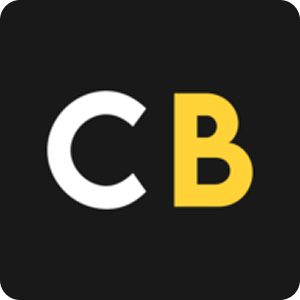How to ditch the jargon without sacrificing impact when talking about SEO
Sharlotte Briscoe • September 27, 2023
SEO is the backbone of the online world. It’s everywhere. Everyone’s heard of it but how many people actually understand it?
Apparently not many!
And if you’ve ever tried to explain SEO to anyone there’s a big chance you may have been met with a blank stare.

The world of SEO is full to the brim of jargon. But it can be difficult to break it down into digestible terms without losing the impact.
Need some ideas on how to keep your conversations non-SEO-specialist friendly? Well, we have just the tea!
The SEO struggle
Although everyone knows they need SEO, many have no clue what it really means, what it is and what it takes to create a robust strategy.
Did you know over 50% of small businesses don’t have an SEO strategy, and 22% have no plans to create or implement one in the coming year?
But it just goes to show the lack of understanding around it and what it can do for a small business. That and the fact that many small businesses aren’t able to hire someone to take care of that side of the business for them. So it gets neglected and they miss out on all of the Search Engine goodness!
What is an SEO strategy?
In short, it’s a detailed plan to improve search engine rankings to encourage more organic traffic to the website.
A strategy will contain multiple aspects of SEO including:
– Content
– Technical SEO
( site structure, sitemap, mobile-friendliness and website speed
),
– On-page SEO
( heading tags, internal links and content
)
– User experience
( How the site looks and feels to use
) and more!
So to help you, your customers & prospects alike without scrambling their brains. We’ve put together 9 scripts you can copy & paste, or use in your next client call to help you keep your SEO conversations jargon free.
Keywords & Keyword ranking
“A word or concept of great significance”
Now jargon free
A keyword is a word or phrase that can be used to help your website get found within a search engine. The keyword you choose would be something that people type into Google to find what they’re looking for. For example, if I wanted to go out for a coffee this weekend and wanted to find a cute, independent coffee shop. Then I’d type in something like:
- Independent coffee shop derby
Or
- Artisanal coffee shop derby
Then, the website that has those words or that phrase on their website multiple times, on different pages – will be the website to appear higher up when I search in Google. Thus, they will be getting my Macchiato order on Saturday! Simples
Bounce rate
“The percentage of visitors to a particular website who navigate away from the site after viewing only one page.”
Now jargon free
The percentage of people (out of the overall website visitors) that come to a website and leave after only viewing one page.
This may happen for a number of reasons. The website may not be what they’re looking for, or if the bounce rate is high, it could be to do with loading time, the website’s appearance or how accessible the website is.
Core web vitals
“Core Web Vitals is a set of metrics that measure real-world user experience for loading performance, interactivity, and visual stability of the page.”
Now jargon free
Core web vitals are a measurement of how usable your website is. It looks at how quickly the website and website elements load, whether the buttons work, whether you can zoom in and out and whether the elements on the web page are stable as it is loading.
SSL Encryption
”SSL is the standard technology for securing an internet connection by encrypting data sent between a website and a browser (or between two servers)”
Now jargon free
SSL is a feature designed to protect data sent between a website and a browser. For example, when a customer fills in a contact form on your website and submits their personal information – this information is protected against being lost or stolen.
Heading tags
“ Header tags are HTML tags used to set apart headings and subheadings from the rest of the content on a webpage, in descending order of importance from H1 to H6”
Now jargon free
Heading tags are used as titles and section headers on a page. In order for them to be optimised properly they need to rank in order of importance from H1 to H6. With H1’s being the main page title. i.e the most important text.
H2 and H3 tags are commonly used as subheadings. H4, H5, and H6 tags may be used to create further structure within those subsections.
Page speed
“Page speed is the amount of time it takes between the browser’s request for a page until the browser completes processing and rendering the content.”
Now jargon free
The length of time it takes for all of the content, images, links etc to load completely on the website.
Web Accessibility
“ Web accessibility , or eAccessibility, is the inclusive practice of ensuring there are no barriers that prevent interaction with, websites on the World Wide Web by people with physical disabilities, situational disabilities, and socio-economic restrictions on bandwidth and speed”
Now jargon free
Web accessibility is the practice of making provisions within the build of your website that make sure that your information and services are readily accessible and available to all. Including those with disabilities.
Taking into account things like:
- Alt text
- Mobile and tablet responsiveness
- Accessible hyperlinks
- Suitable colour contrast
- Adding captions to videos
Paid search / PPC
“PPC stands for pay-per-click. PPC is a form of paid online marketing where advertisers pay each time a user clicks on one of their ads.”
Now jargon free
Paid search is simply paying to get traffic to your website. It’s a form of digital marketing where search engines such as Google and Bing allow advertisers to show ads on their search engine results pages.
Site map
“ A sitemap is a blueprint of your website that helps search engines find, crawl and index all of your website’s content.”
Now jargon free
A sitemap is a place on your website where you list information on detail about the websites pages. Including the pages themselves, videos and other files on your site and the relationships between them.
Search engines will use the sitemap so they can crawl (scan) your website and understand its structure more easily.
Jargon-free SEO audits in just 60 seconds
Now, do you need a tool that gives you SEO audits that are as easy to understand as your new SEO conversation style?
Our comprehensive audit reports cover everything you need that is SEO related, and you can run one in only 60 seconds! Saving you significant time and effort while prospecting and leaving you more time to do what matters… Breaking down SEO and selling it!
Happy auditing!
 The Insites Team
The Insites Team


